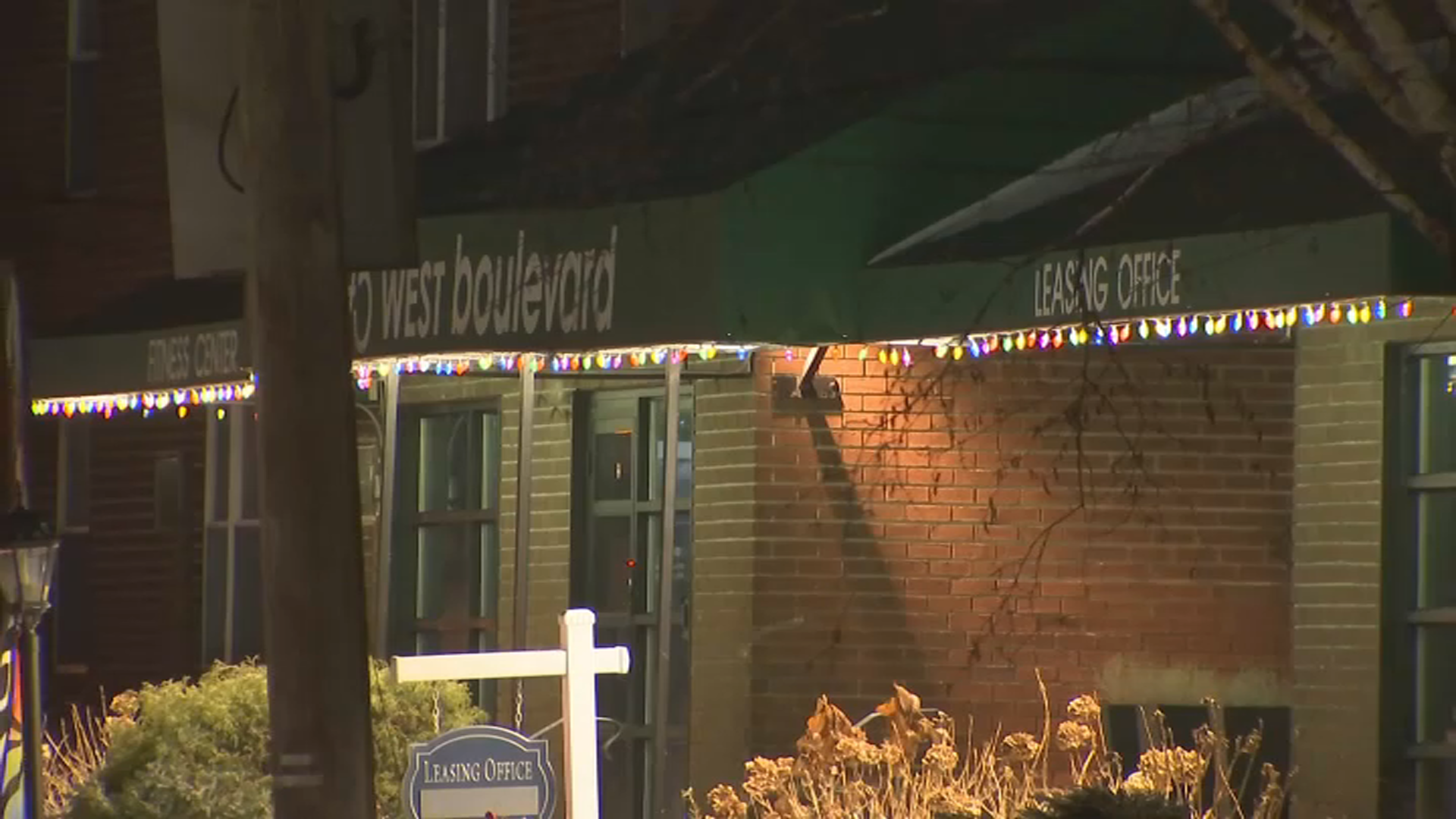One mystery of COVID-19 continues to be the long-term effects on certain groups of people, the so-called "long haulers".
Researchers at the Yale School of Medicine are trying to unlock some of the unknowns with this illness.
The most common symptoms in these long COVID patients include fatigue, shortness of breath, difficulty concentrating, problems with sleep, anxiety and depression.
And those ailments last months and months after initially contracting the virus.
Get top local stories in Connecticut delivered to you every morning. >Sign up for NBC Connecticut's News Headlines newsletter.
Dr. Akiko Iwasaki is one of the researchers on the small Yale COVID Recovery Study. It's believed that there are a lot of people out there that could one day benefit from the project.
"We've completed monitoring about a dozen people. And we're still following up on others, because this study is a longitudinal study, where we do the pre-vaccine collection, and then six and 12 weeks after the vaccine. And we're already seeing some interesting signs from those first cohort study. But we'd like to expand this to a much larger number," Iwasaki explained.
Iwasaki said what this study really aims to find out is how the immune system of someone dealing with long COVID responds to getting a COVID-19 vaccination.
And, does that vaccination actually help alleviate symptoms?
Local
"Forty to 60% of people feeling better after getting the vaccine. Well, about 20% felt worse from vaccination. And so our idea is to monitor and understand the immune responses before and after the vaccination in long COVID patients, and to try to correlate - what's correlating with disease improvement versus disease worsening? And what can we do to emulate the, you know, improvement impact of the vaccine, so we can come up with a better therapy," Iwasaki said.
Researchers are finding there can be a change in smyptoms. Some patients improve, others feel worse, and others see no change.
At this point the researchers are recruiting more patients to be a part of the study with the goal of pinpointing what can help with long COVID symptoms.
Then the goal is to create a more appropriate therapy to bring relief to those who've been suffering with COVID for a long time.



